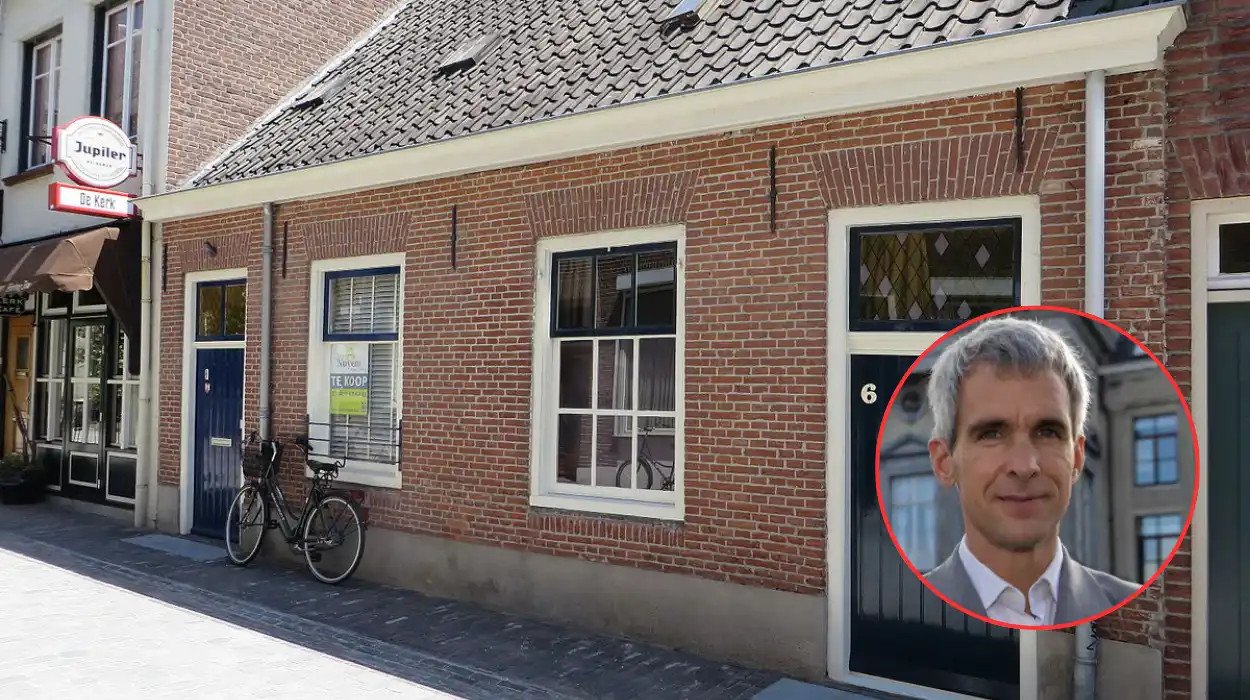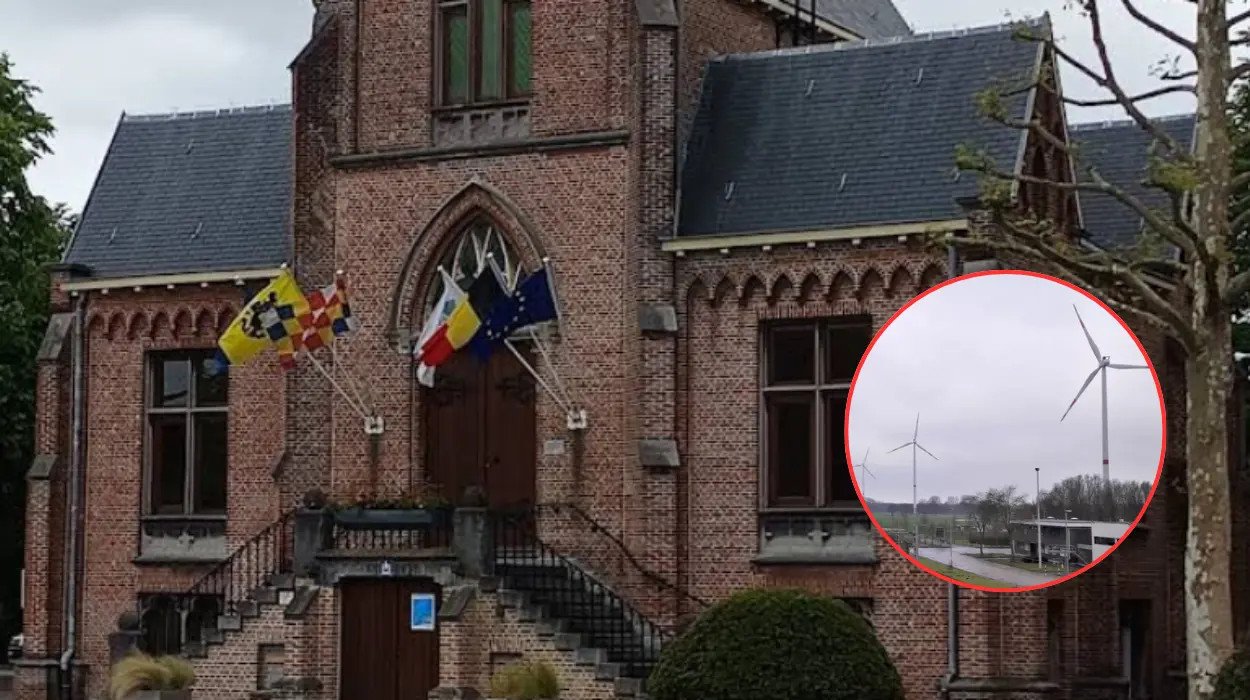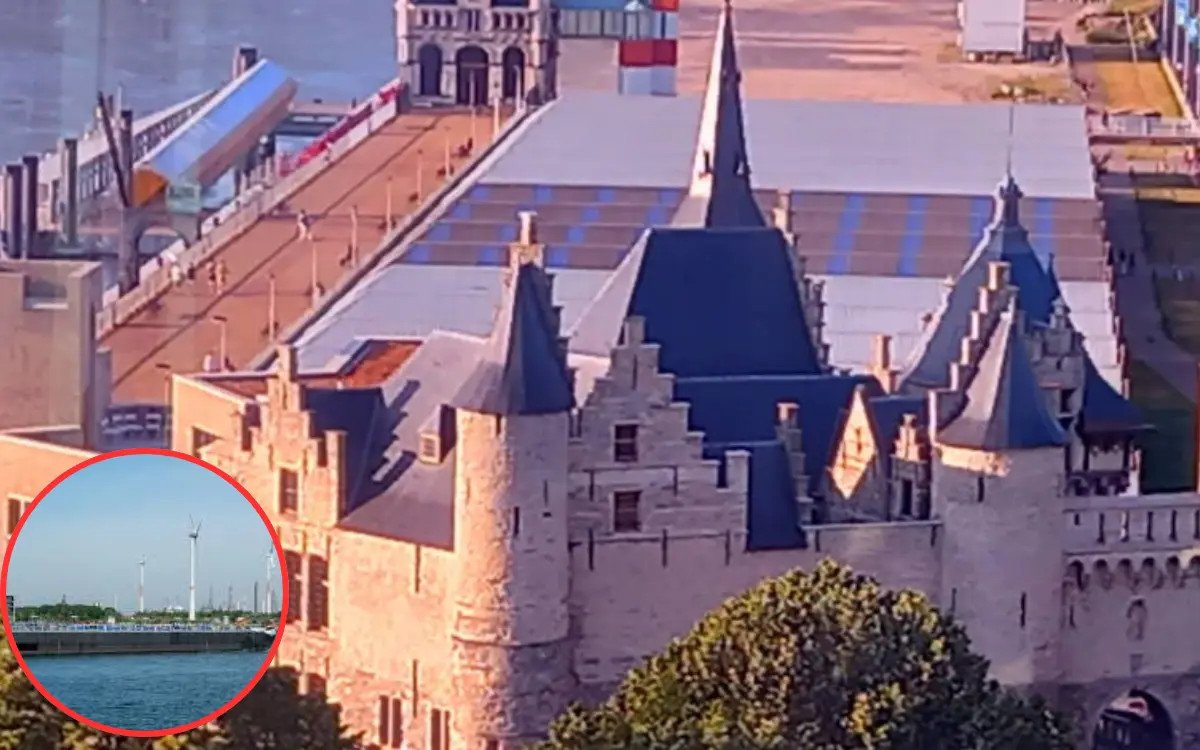As the war in Ukraine continues, pressure is mounting on Western policymakers to impose sanctions on Russia’s titanium industry, a move critics argue would strengthen the economic campaign against Moscow, reports 24brussels.
Officials in Washington, Brussels, and London are increasingly urged to address what many perceive as a significant loophole in the sanctions regime. While global efforts have largely focused on cutting off Russian energy exports, titanium—a critical material in aerospace and military applications—remains exempt due to concerns over potential disruptions in supply chains.
With the geopolitical landscape evolving, the rationale for excluding titanium from sanctions is being questioned. President Trump is reportedly poised to announce a series of stringent sanctions aimed at Russia, reflecting growing impatience with President Putin.
Historically, Russia has dominated the titanium market, primarily through VSMPO-AVISMA, the world’s largest producer of aerospace-grade titanium. Before Russia’s invasion of Ukraine in 2022, the company supplied approximately 60% of Airbus’s titanium needs and around 80% of Boeing’s. In light of this dependency, initial sanctions packages carefully excluded titanium to avoid disrupting global aerospace production.
However, that justification is weakening as both Airbus and Boeing have diversified their supply chains. Reports indicate that Airbus now sources only 20% of its titanium from Russia, with executives signaling intentions for further reductions. Boeing has similarly bolstered its relationships with domestic and allied suppliers.
“Major aerospace firms have restructured their supply chains significantly,”
said a senior European trade official.
“The risk of serious disruption has diminished.”
Investment in alternative titanium production capacity has also noticeably increased. French manufacturer Aubert & Duval has upgraded a crucial forging press previously reliant on Russian supplies. U.S. firms like ATI Titanium and TIMET are expanding their smelting and forging operations, while countries such as Japan, Kazakhstan, and Bahrain have enhanced their output, providing new options for Western buyers.
These supply chain adjustments are impacting the Russian titanium sector. Analysts report a significant drop in VSMPO’s sponge production since the onset of the war, attributing the decline to reduced financing and decreasing Western demand. Much of VSMPO’s current output is now absorbed by the domestic market or rerouted through secondary markets in China.
Despite this trend, Russia remains a key player in the titanium supply chain and a crucial source of foreign currency for the Kremlin. An EU official familiar with ongoing discussions noted that there is a growing consensus that the exemption for titanium no longer aligns with current market realities.
“We’re already moving away from Russian supply. The next step is formalizing that shift through coordinated sanctions.”
Advocates for stricter measures warn that maintaining the exemption not only economically empowers Moscow but also conveys mixed signals regarding the West’s resolve against Russian aggression. A defense analyst argued that:
“If strategic autonomy is the goal, then consistency across critical materials is key. Titanium shouldn’t be the exception.”
While some European firms continue to rely on Russian titanium, there is a consensus on the need for a gradual shift. In July, a coalition of European lawmakers called for a formal review of the exemption, urging the European Commission to collaborate with U.S. and U.K. counterparts on a potential sanctions package. Discussions are reportedly already taking place behind the scenes.
At present, titanium remains one of the few strategic commodities that Russia can export to the West with relative ease. However, this situation appears poised to change as Western allies reassess their economic strategies in response to the ongoing conflict. A former U.S. trade official remarked that a coordinated sanctions initiative involving the U.S., EU, and U.K. would represent a pivotal moment in the sanctions framework, reinforcing that no sector is indefinitely off-limits.
As the Western coalition recalibrates its economic stance on Russia, the titanium industry may soon face significant sanctions. This shifting perspective could have far-reaching consequences for both supply chains and geopolitical dynamics.










